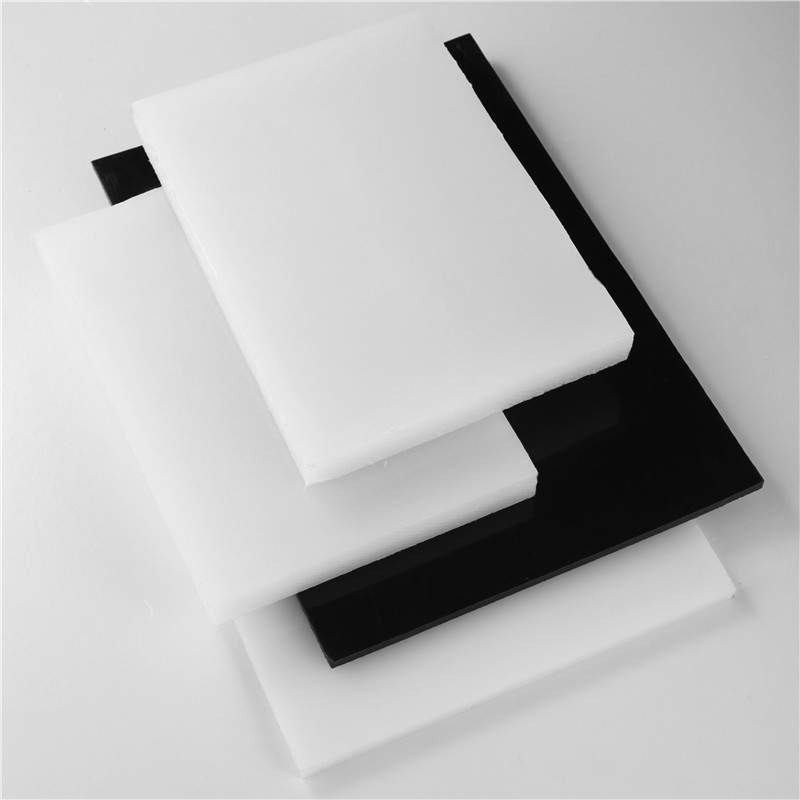Nov . 11, 2024 14:09 Back to list
perforated pvc pipe
Understanding Perforated PVC Pipe Applications, Benefits, and Installation
Perforated PVC pipe has emerged as a significant material in various applications across construction, drainage, and landscaping. Known for its unique structure, which features evenly spaced holes along its length, perforated PVC pipe serves as an efficient solution for many water management needs. This article delves into the characteristics, benefits, and typical applications of perforated PVC pipe, along with installation considerations.
Characteristics of Perforated PVC Pipe
Perforated PVC pipe is made from high-quality polyvinyl chloride (PVC), a material renowned for its durability and resistance to corrosion. The perforations in the pipe allow for the passage of water while preventing the intrusion of larger particles, which is crucial in many drainage and piping applications. The size and frequency of the holes can vary, allowing customization based on specific project requirements.
Benefits of Perforated PVC Pipe
1. Durability One of the significant advantages of PVC is its resistance to rotting, rusting, and corrosion. Perforated PVC pipe can withstand harsh environmental conditions, making it an ideal choice for outdoor applications. Its longevity ensures fewer replacements and repairs, leading to cost savings over the lifespan of the project.
2. Lightweight Compared to other piping materials, PVC is relatively lightweight, which makes it easier to transport and handle during installation. This lightweight nature can reduce labor costs and simplify installation for contractors.
3. Hydraulic Efficiency The arrangement of perforations enhances the hydraulic efficiency of the pipe, allowing for efficient drainage or irrigation. By facilitating the flow of water away from structures or gardens, perforated PVC pipe helps to prevent water accumulation and potential damage.
4. Versatility Perforated PVC pipe can be used in a wide range of applications, including sub-surface drainage in agricultural fields, leach fields for septic systems, and for drainage in landscaping projects. It can also serve in roof and foundation drainage systems, effectively diverting water away from critical areas.
5. Low Maintenance The smooth interior surface of PVC minimizes the buildup of debris and reduces the chances of clogs. Additionally, its resistance to chemical reactions means that perforated PVC pipe can handle various liquids without degrading, reducing the need for regular maintenance.
perforated pvc pipe

Common Applications of Perforated PVC Pipe
1. Agricultural Drainage In agriculture, perforated PVC pipe is extensively used for subsurface drainage systems. By controlling water levels in agricultural fields, farmers can improve crop yields and protect their soil from erosion.
2. Stormwater Management Municipalities utilize perforated PVC pipe in stormwater management systems to manage runoff effectively. The pipe helps capture excess rainwater, preventing flooding in urban areas and minimizing erosion.
3. Septic Systems In septic systems, perforated PVC pipe is employed in leach fields to distribute effluent evenly. The perforations allow for the absorption of wastewater into the surrounding soil, aiding in proper waste treatment.
4. Landscaping Homeowners and landscape professionals use perforated PVC pipe in garden drainage systems to prevent waterlogging in flower beds and lawns. This ensures that plants receive adequate drainage, promoting healthy growth.
Installation Considerations
When installing perforated PVC pipe, several factors should be taken into account. First, it’s essential to select the appropriate pipe size and perforation pattern based on the project's specific requirements. Additionally, proper bedding material, such as gravel or crushed stone, should be placed around the pipe to support drainage and prevent soil intrusion.
Moreover, the slope of the drainage system plays a crucial role in its effectiveness. A minimum slope of 1% is typically recommended to ensure proper water flow. Careful planning and installation are key to optimizing the performance of perforated PVC pipe.
Conclusion
Perforated PVC pipe is a versatile and durable option for managing drainage in various applications. Its unique design and material properties make it an efficient choice for agriculture, stormwater management, septic systems, and landscaping projects. By understanding its benefits and applications, engineers, contractors, and homeowners can make informed decisions, ensuring that their water management solutions are effective and long-lasting. As technology and materials continue to evolve, perforated PVC pipe remains a reliable choice for effective drainage solutions.
-
Durable Glossy PVC Rigid Sheet | Premium High-Shine Panels
NewsAug.26,2025
-
Durable PP Rigid Sheet: Lightweight, Chemical Resistant Solutions
NewsAug.21,2025
-
PVC Grey Sheet for Extraction: Chemical Resistant & Durable
NewsAug.19,2025
-
Durable PVC Pipe Fittings for Plumbing & Irrigation Needs
NewsAug.18,2025
-
HDPE Steel Belt Reinforced Spiral Corrugated Pipe | High Strength
NewsAug.17,2025
-
HDPE Pipe Fittings: Durable, Leak-Proof Solutions
NewsAug.16,2025

